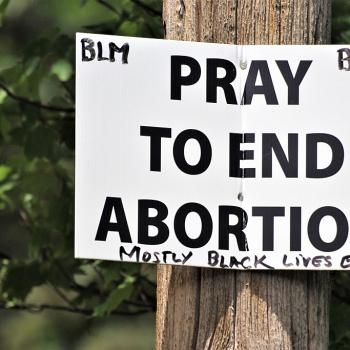Britain announced the most radical overhaul in decades Thursday to its once-generous welfare system, pledging harsh penalties for those who refuse jobs and community work service for the unemployed in return for benefit checks.
Work and Pensions Secretary Iain Duncan Smith unveiled sharp changes to the country’s cradle-to-grave social safety net, which was first introduced after World War II to better protect newborns, families, the jobless and the sick.
Critics have long said the British system offered hefty benefits unavailable to other citizens across Europe, the U.S. and other major economies — encouraging some people to snub modest jobs in favor of an easy life on handouts.
“The message is clear. If you can work, then a life of benefits will no longer be an option,” said Prime Minister David Cameron, whose government last month announced it would slash benefits payments by 18 billion pounds ($29 billion) under a four-year package of spending cuts worth 81 pounds ($128 billion).
Under the new plan, many of the 5 million people who claim jobless benefits in Britain will be ordered to regularly do four weeks of unpaid community work to remain eligible for their 65 pounds ($105) weekly welfare payment. The stints could include manual labor tasks like removing graffiti or gardening in public parks.
Unemployment claimants routinely also receive other welfare payments to help with housing costs and raising children.
The plan is the centerpiece of Cameron’s legislative program, and one of the key elements of his strategy to fix so-called “Broken Britain,” his election slogan for the social problems that he says have blighted the nation’s prospects.
Duncan Smith said under his reforms, those who turn down job offers, fail to show up for job interviews or decline to take part in community projects face tough punishments. Benefits will stop for three months on a first offense, for six months for the second time and for three years after a third breach.
The system is still much more lenient than that in Spain, where a third offense means a person loses their welfare payments for good.
Duncan Smith insists the changes are not just to reduce the country’s budget deficit but are meant to jolt a group of around 1.4 million Britons who have been without a job for about a decade.
“For too long, the success of our welfare system has been judged by the number of people who are on benefits,” said Deputy Prime Minister Nick Clegg. “Our welfare system should be judged by the number of people who are off benefits and into work.”
Britain’s reforms echo a program by Sweden’s center-right government to get more people into the work force and reduce the number of benefit-takers.
Sweden’s motto — “it should pay off to work” — was echoed by Duncan Smith.
via Off the sofa! UK gets tough on welfare.















